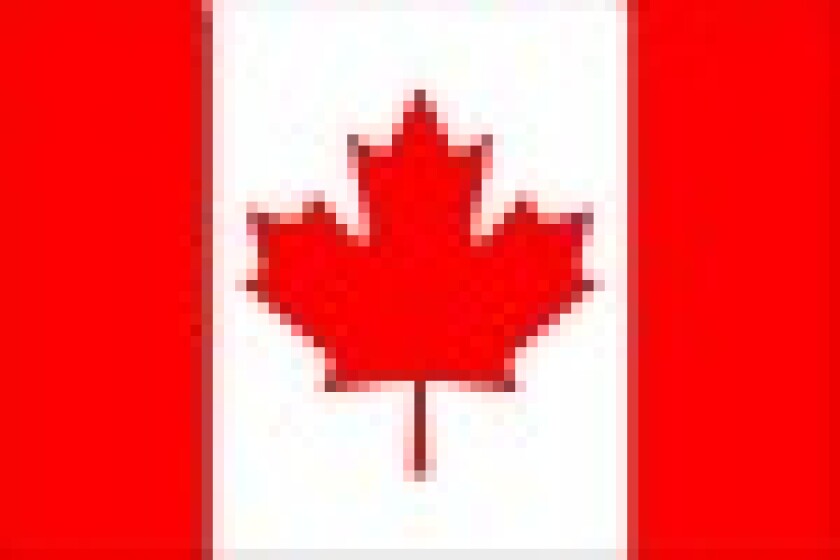In Canada, taxpayers file their tax returns based on self-assessment. If CRA reassesses a taxpayer, the taxpayer has the ability to file a notice of objection with CRA, which is dealt with by the Appeals Branch of CRA. Further appeal by the taxpayer can be made to the Tax Court of Canada (TCC), which is a trial level court. Still further appeal may be made by either the taxpayer or the Crown to the Federal Court of Appeal (FCA) and, upon application for leave to appeal, to the Supreme Court of Canada (SCC).
Officials from CRA and the Department of Finance (Canada) have spoken recently, most notably in November 2011 at the Canadian Tax Foundation’s annual conference, about recent trends in tax appeals made to CRA and to the Canadian court system. The Appeals Branch of CRA handles, on average, approximately 80,000 to 110,000 objections per year, although this number has increased over the past few years. CRA has stated that this increase is due to CRA’s enhanced compliance activities in areas of aggressive tax planning.
Approximately 8% of objections proceed to the TCC. Further, approximately only one-third of the appeals brought to the TCC are adjudicated. Note that these figures include both income tax and sales tax disputes.
Appeals to the TCC can be brought through either the general procedure or the informal procedure. The informal procedure is usually faster and less costly. However, for income tax appeals, the informal procedure is generally restricted to appeals where the aggregate of all amounts in issue is equal to or less than $12,000 (or where a loss does not exceed $24,000).
In the case of an income tax appeal that involves an amount in excess of these limits, the appeal must generally proceed by way of the general procedure. Since 2007, the amount of income tax appeals using the informal procedure has decreased, whereas appeals using the general procedure have generally increased. The federal government has proposed, subject to feedback received during public consultation, to increase the $12,000 limit to $25,000 (and to increase the limit for a loss determination to $50,000 from $24,000).
This is expected to result in a greater number of appeals being brought under the informal procedure, thereby reducing the burden placed on the TCC by the recent increase in general procedure appeals.
Between 30 and 50 appeals from the TCC are made to the FCA, the majority of which are made by taxpayers (rather than the Crown). Generally, only 20% to 30% of those appeals are allowed by the FCA. Approximately 15 to 20 applications for leave to appeal are made to the SCC. Again, most of these appeals are made by taxpayers. Historically, only a few applications for leave to appeal have been granted by the SCC in a given year.
However, five tax cases are in front of the SCC. Since leave to appeal to the SCC is generally only granted in tax cases where the issue is deemed to be of “national importance”, the increased amount of tax cases before the SCC clearly shows that the Canadian judicial system places great importance on tax litigation.
Paul Stepak (paul.stepak@blakes.com) and Josh Jones (josh.jones@blakes.com) of Blake, Cassels & Graydon.










